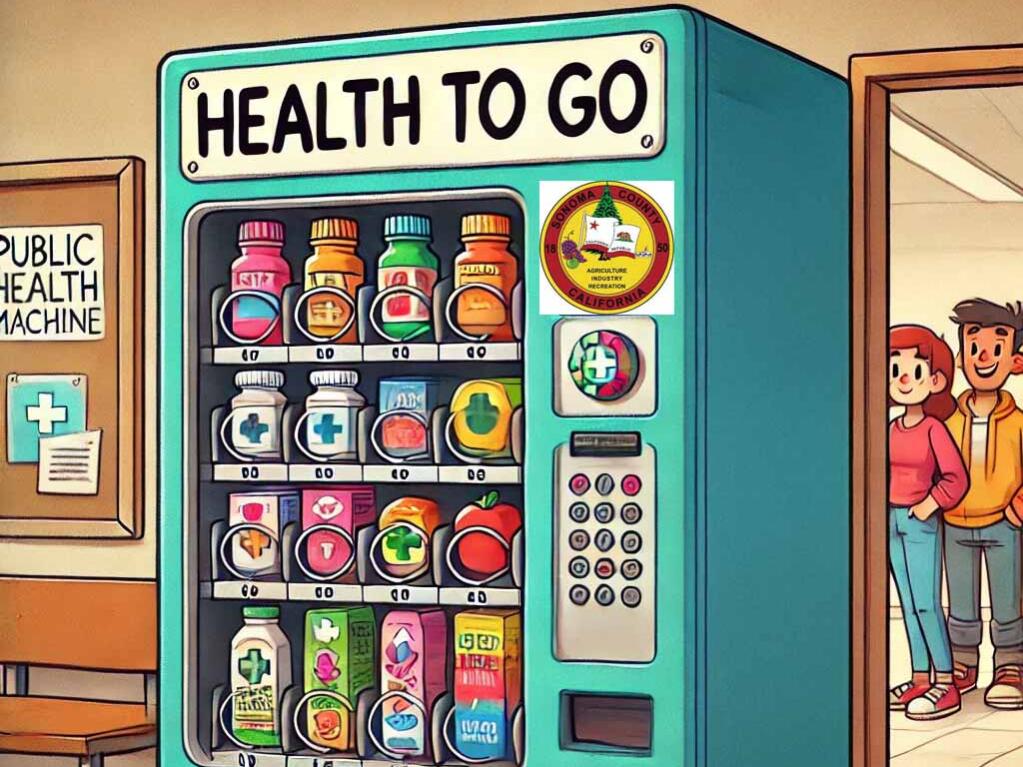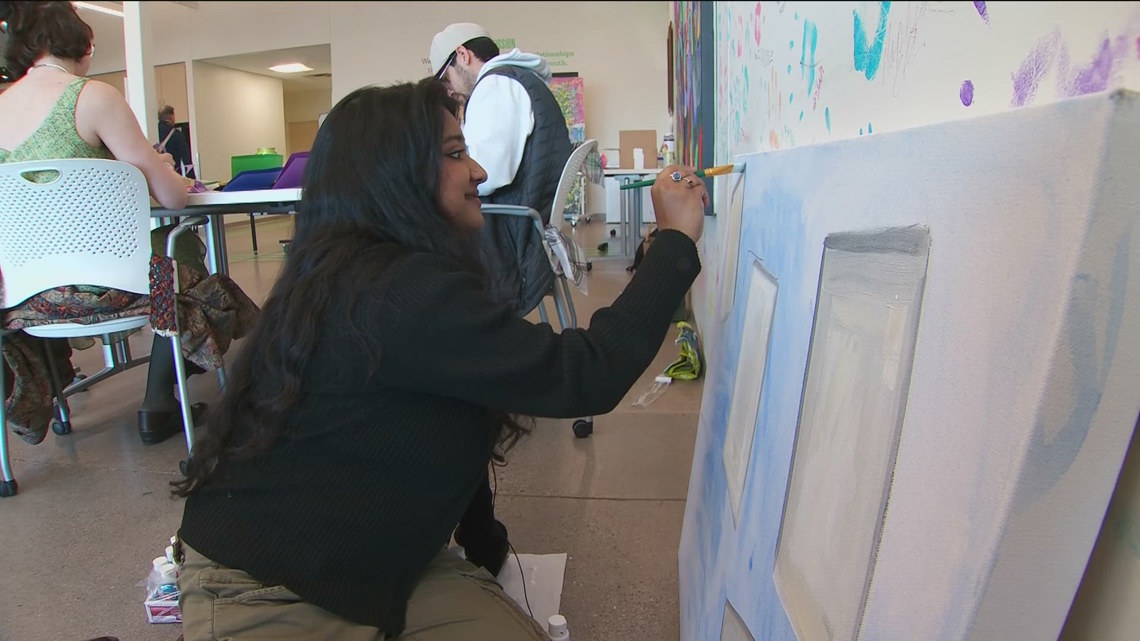Pandemic Powerhouses Unite: How Europe and Africa Are Joining Forces to Combat Global Health Threats
Health
2025-03-19 07:49:06Content
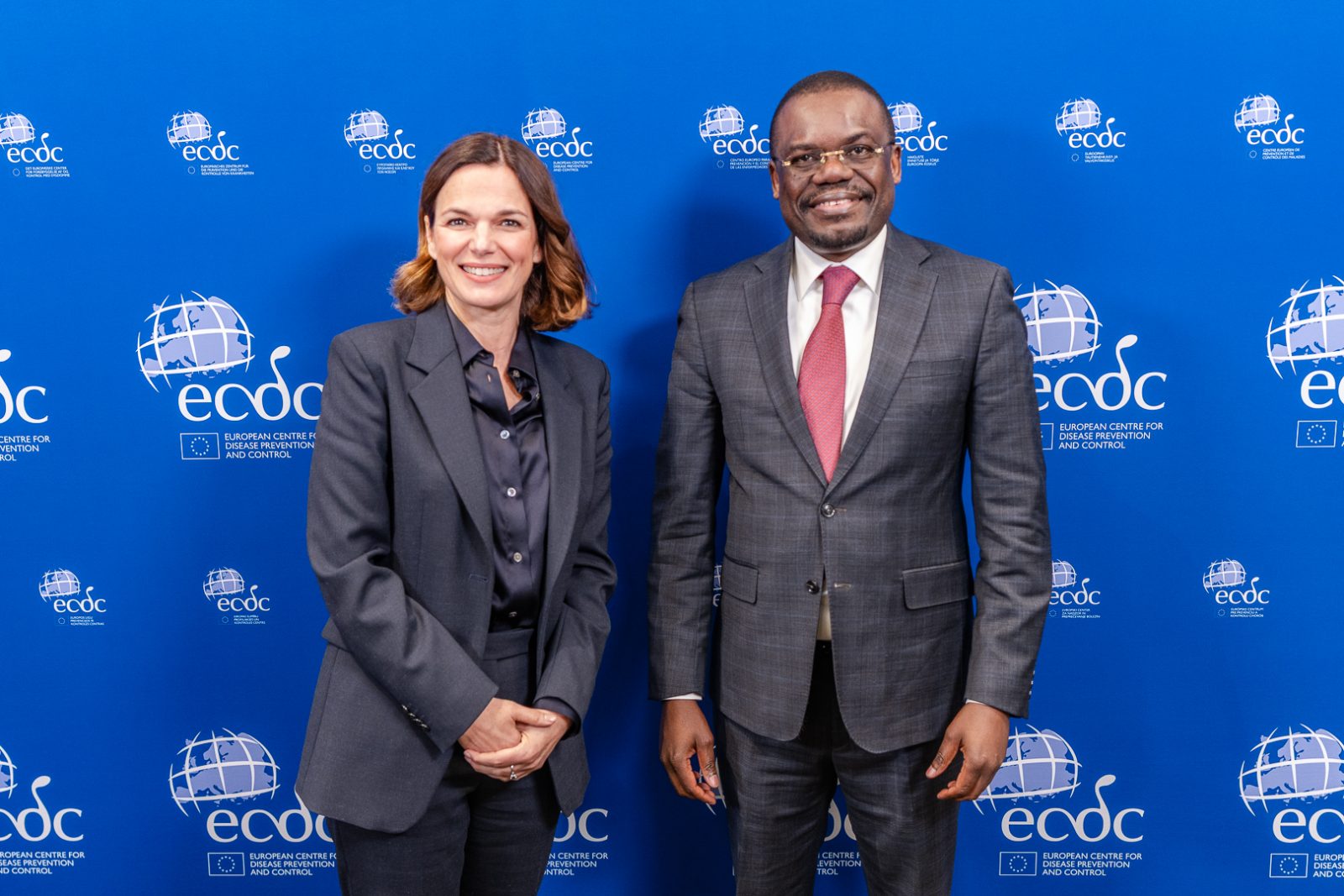
Guardians of Health: ECDC and Africa CDC Unite to Protect Nearly 2 Billion Lives
In a landmark meeting that underscores global health cooperation, the European Centre for Disease Control (ECDC) and the Africa Centres for Disease Control and Prevention (Africa CDC) have joined forces to strengthen their collaborative efforts in infectious disease prevention.
On March 18, 2025, ECDC Director Dr. Pamela Rendi-Wagner and Africa CDC Director General H.E. Dr. Jean Kaseya convened at the ECDC headquarters in Stockholm to discuss strategic partnerships aimed at safeguarding the health of nearly two billion people across Europe and Africa.
The high-level discussion focused on enhancing cross-continental disease surveillance, sharing critical research insights, and developing robust response mechanisms to emerging health threats. By combining their expertise and resources, these two premier health organizations are creating a powerful alliance to protect vulnerable populations and prevent potential pandemic risks.
This collaborative approach represents a critical step in global health security, demonstrating how international cooperation can effectively address complex health challenges that transcend geographical boundaries.
Global Health Guardians: Uniting Continents to Combat Infectious Diseases
In an era of unprecedented global health challenges, two powerhouse organizations are joining forces to create a formidable defense against infectious diseases. The European Centre for Disease Prevention and Control (ECDC) and the Africa Centres for Disease Control and Prevention (Africa CDC) are pioneering a collaborative approach that promises to revolutionize disease prevention and response strategies across two continents.Protecting Nearly Two Billion Lives: A Groundbreaking Partnership Emerges
Strategic Collaboration at the Highest Level
The recent high-level meeting between Dr. Pamela Rendi-Wagner, ECDC Director, and Dr. Jean Kaseya, Director General of Africa CDC, marks a pivotal moment in international public health cooperation. Convening in Stockholm, these visionary leaders are crafting a comprehensive strategy to address the complex landscape of infectious disease management. Their discussions transcend traditional diplomatic exchanges, focusing on creating a robust, interconnected health defense system that can rapidly respond to emerging global health threats. The partnership represents more than a mere diplomatic courtesy; it is a sophisticated approach to addressing the intricate challenges of disease prevention and control. By combining the technological expertise of European health systems with the contextual understanding of African health infrastructures, these organizations are developing a nuanced, adaptive framework for global health security.Technological Innovation and Knowledge Transfer
At the core of this collaboration lies a commitment to technological innovation and knowledge transfer. The ECDC and Africa CDC are not just sharing resources but are creating a dynamic ecosystem of scientific exchange. Advanced epidemiological tracking systems, cutting-edge research methodologies, and sophisticated data analysis techniques are being integrated to create a more responsive and intelligent disease prevention network. This approach goes beyond traditional disease control methods. By leveraging artificial intelligence, big data analytics, and real-time monitoring systems, the organizations are developing predictive models that can anticipate and mitigate potential health crises before they escalate. The integration of local knowledge with global scientific expertise ensures that interventions are both culturally sensitive and scientifically rigorous.Addressing Complex Health Challenges
The partnership recognizes the multifaceted nature of infectious disease management. Climate change, urbanization, global mobility, and emerging pathogens create a complex landscape that requires sophisticated, adaptive strategies. By combining European technological prowess with African contextual understanding, these organizations are developing holistic approaches that consider social, economic, and environmental factors. Their collaborative model extends beyond immediate disease control, focusing on long-term public health infrastructure development. This includes training programs, research initiatives, and capacity-building efforts that empower local health systems to become more resilient and self-sufficient.A New Era of Global Health Diplomacy
The ECDC and Africa CDC partnership represents a transformative approach to global health diplomacy. It challenges traditional north-south health intervention models, creating a more equitable, collaborative framework. By treating health as a shared global responsibility, these organizations are setting a new standard for international cooperation. Their work demonstrates that effective disease prevention is not about imposing solutions but about creating collaborative, adaptive systems that respect local contexts while leveraging global scientific knowledge. This approach has the potential to reshape how we conceptualize and address global health challenges in the 21st century.RELATED NEWS
Health
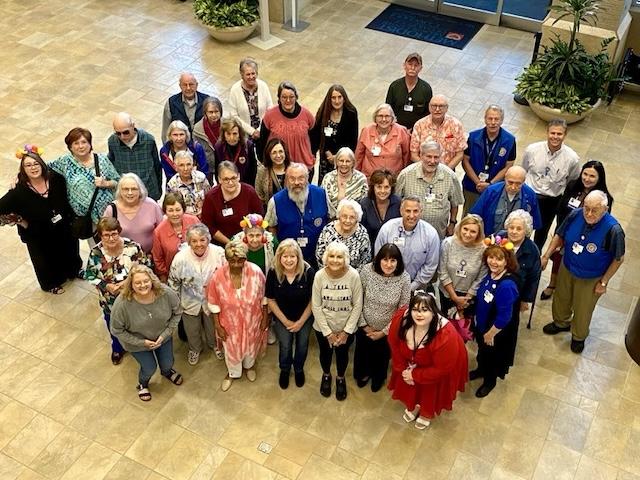
Healing Hearts, Helping Hands: Covenant Health Celebrates Unsung Heroes of Compassion
2025-05-05 04:02:30
Health

Mental Health Care Gets Boost: Lawmakers Push for Higher University Clinic Payments
2025-04-04 11:55:04
Health
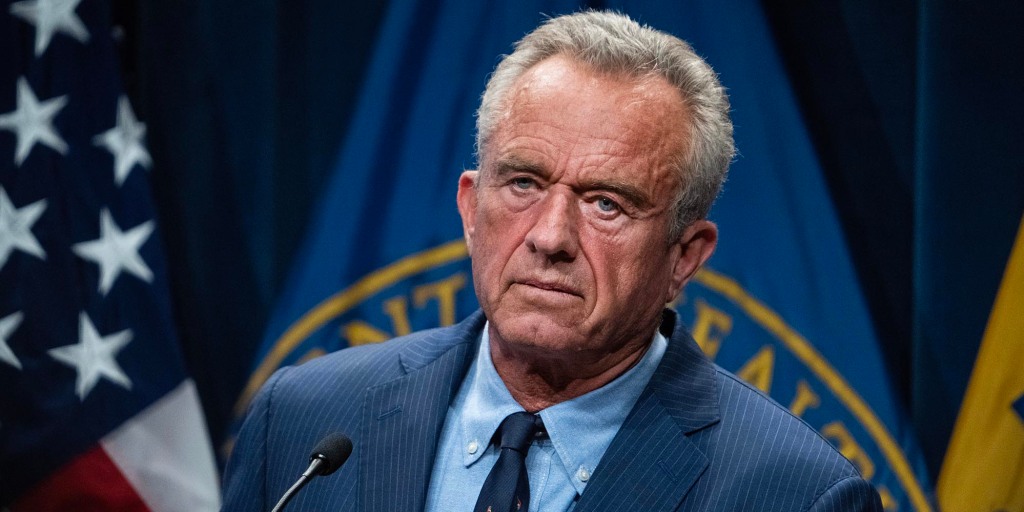
Health Revolution: Kennedy's $20M Campaign to Empower Americans' Wellness Journey
2025-04-29 16:16:13



